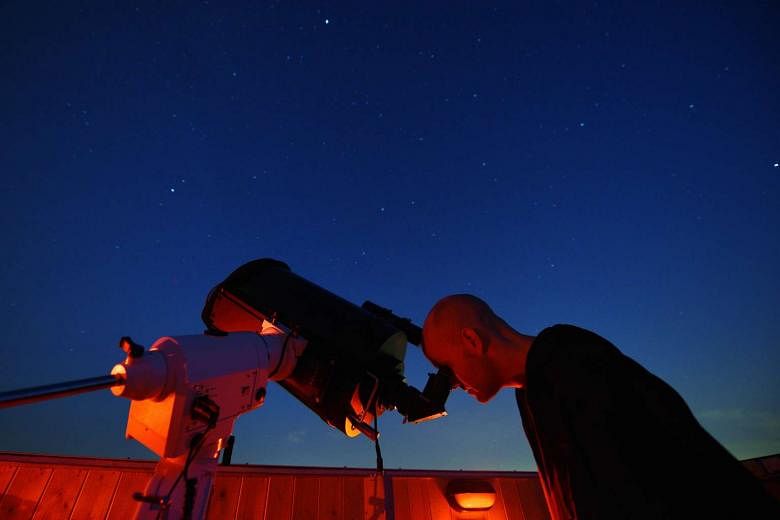Venturing outside intellectual comfort zones
I dislike the term "liberal arts and sciences". This is perhaps a curious admission, as I have devoted much of my life to furthering the kind of education embodied in that phrase. By separating the liberal arts from the sciences, the phrase reinforces attitudes that are antithetical to a powerful educational philosophy that is increasingly needed in the 21st century.
A liberal arts education is designed to foster creativity and flexibility of mind, and to prepare students for a lifetime of learning and relearning as their surrounding circumstances change.
This is accomplished through several basic principles.
The first is that breadth of education is as important as depth, and that specialisation, whether prompted by personal interest or professional development, must go hand in hand with a broad understanding of other subjects.
The second is that students should actively participate in the learning process, through discussions, group projects, and a range of written and oral presentations, rather than simply memorising specific facts and techniques.
Finally, learning can and should take place as much outside the classroom as within, through residential living and co-curricular activities aligned with the academic programme.
All of these apply as much to the sciences as to the arts, humanities and social sciences.
Interdisciplinary approaches are at the heart of many of the key developments in contemporary science, and the necessity to understand how scientific results relate to the surrounding world should be self-evident.
The flexibility of mind to embrace new ideas, new results and new situations is a key to the scientific method, so the liberal arts approach would seem to be particularly well-suited to science.
But science is often considered to be something separate from the liberal arts, with "liberal arts" placed in opposition to the fields of "Stem" - science, technology, engineering and mathematics.
As an astronomer, I have a particular antipathy to separating science from the liberal arts.
A millennium ago in Europe, the liberal arts were defined by the seven subjects contained in the "trivium" and "quadrivium", which included astronomy, arithmetic and geometry, alongside music, grammar, logic and rhetoric.
Thus, astronomy has been part of the liberal arts for as long as the term has been used.
So I am dismayed that the words "…and sciences" have to be added to the term "liberal arts" to convey the idea that the sciences are included in this kind of education. For the sciences are as much a part of the intellectual traditions that led to the modern liberal arts approach as any other discipline, and the habits of mind leading to creativity and intellectual innovation in the sciences are no different from those in other fields.
At Yale-NUS College, we are attempting to reunite science and the other liberal arts by, among other ways, including science as a basic component of our common curriculum - a set of courses taken by all students together.
This requires hard work by students and faculty alike.
Faculty must develop and deliver new kinds of courses for which there are few successful models.
Students must overcome their instinct that science necessarily involves technical details that require years of prior preparation to even consider.
We have made a good start in creating this programme, and we will continue to improve and refine our approach in the years to come.
Some believe this cannot be done - that students who do not have specific kinds of talent and preparation cannot learn "real" science, and that scientists whose research necessarily generates a very deep but narrow focus cannot teach broadly across the sciences.
But it must be done - the future of modern society across the globe depends on succeeding in this difficult endeavour.
To take one specific example: Important sectors of society around the world deny the existence of anthropogenic climate change, on the basis of a mixture of political and cultural beliefs, despite the overwhelming scientific consensus that this is occurring.
At the same time, the scientific community, too, often behaves as if simply restating the results of our research in ever louder and more strident terms will force others to accept the situation as we see it.
What is needed are scientists who understand and can manoeuvre through complex cultural and social situations, working together with cultural, business and societal leaders who are neither intimidated by nor antagonistic towards science.
So we must push on. We must find ways to educate all citizens, regardless of their future career paths, in the key methods and results of science.
We must find ways to ensure that scientists and engineers are broadly educated in the human side of the equation.
We must all venture outside of our intellectual comfort zones to teach and learn about the full range of issues relevant to our modern interconnected lives.
Charles Bailyn is Dean of Faculty at Yale-NUS College, and A. Bartlett Giamatti Professor of Astronomy and Physics at Yale University.

